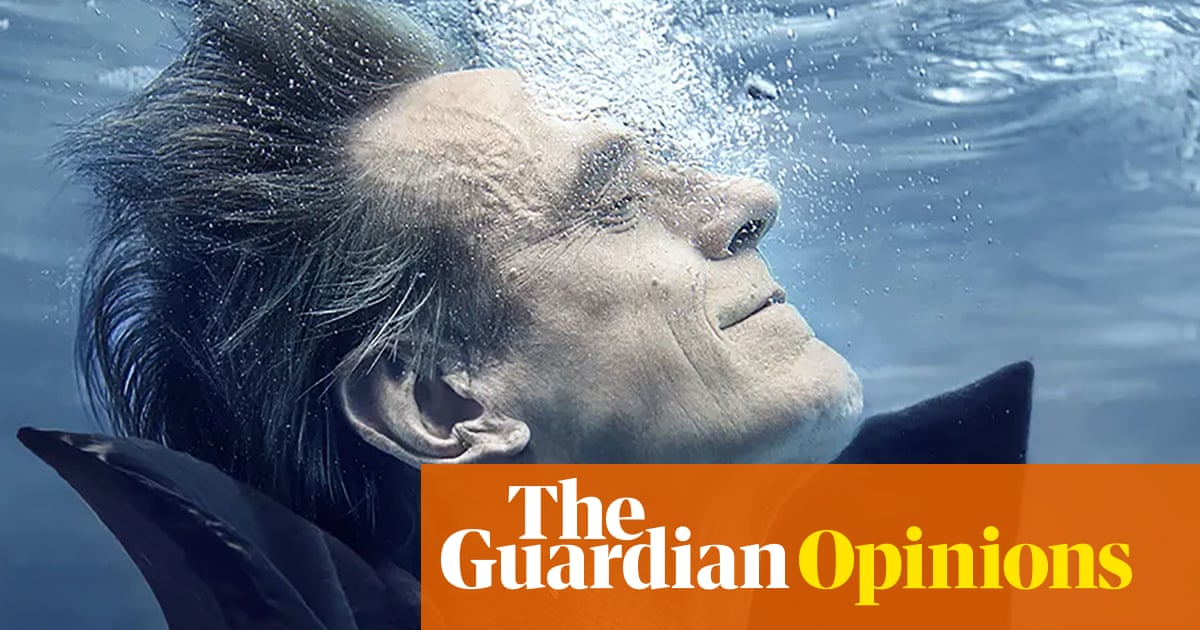Some actors are lucky and manage to immediately luck into a perfect role. Others have to struggle for years, sometimes even decades, before eventually finding a part that completely encapsulates their personality.Jeremy Ironsis one of them. But the good news is that his number has just come up, because Jeremy Irons has just been cast as the sea.
According to Variety, Water People: The Story of Us, the first documentary feature by acclaimed artist Maya de Almeida Araujo has just cast Irons as the voice of the ocean. Which just makes perfect sense, doesn’t it?
Seriously, don’t even try to do better, because you can’t. The sea is powerful and intimidating, aloof and angry. It can look pleasant enough from a distance, but up close is unbelievably contemptuous of everything that surrounds it. In short, the sea is always looking for a way to murder you, and as such it should definitely sound like Jeremy Irons.
Who else could you possibly pick? Kevin Hart? Too squeaky. Jack Black? Too overblown. Olivia Colman? Perhaps a smidge too silly. In his day, you could guarantee that Orson Welles would have loved a shot at playing the sea, but nobody wants to hear a large body of water be that pleased with itself. Any other actor? Also no.
There’s no telling how well Water People: The Story of Us will do. But the best case scenario is that it will be a smash hit and open the doors to a wide spectrum of The Story of Us offshoots based on various elements and entities. They will all need to be cast as well, so let’s get ahead of the jump and figure out who should play these things.
First, let’s get one thing straight. A cloud is not just the sea in the sky. Jeremy Irons might be a perfect sea, but he’d be a terrible cloud. If you can’t see that I’m not sure I can help you. A cloud should be lighter and prettier, but the actor who plays it should also have enough range to be able to completely ruin your day. Would Emily Blunt make a compelling cloud? I think so.
Any idiot can voice a tree. John Rhys-Davies did it in Lord of the Rings, playing Treebeard. Linda Hunt played Grandmother Willow in Pocahontas. Vin Diesel played Groot in the Guardians of the Galaxy films. But to play trees as a concept, as Irons has with the ocean, is a different matter entirely. To do that, you need a voice that exists outside of recognisable frequencies. Your voice must be almost unfathomably untroubled by the time demands of ephemeral humans. In other words, slow. The obvious choice would be Morgan Freeman, but let’s be imaginative here. Let’s go with the American comedian Joe Pera or, better yet, Flash the Sloth from Zootopia.
To be a volcano is to play two different extremes. For most of the time, a volcano is a quiet, passive thing that holds an air of menace. And then there’s the inevitable eruption, loud and showy and violent. Very few actors can pull off this juxtaposition well. And that’s why I’d like the volcano to be played by Al Pacino. Or, more accurately, AI representations of Al Pacino. When the volcano is dormant, I’d like it to sound like Pacino from the first bit of The Godfather, charismatic but diffident. When it erupts, though, I’d like to use an AI model of his final scene from The Devil’s Advocate, because that’s how I assume volcanoes sound up close.
The final film in the series should be an exploration of space, in all its terrifying expanse. This is maybe the hardest to voice, because it needs to be cold and indifferent. It needs to be booming but precise. It needs to somehow encompass all of life as we know it, but also doesn’t seem to like it very much. It should be the sort of voice that groans with repressed anguish whenever Katy Perry tries to penetrate it. You’ll have spent the last 90 words thinking “Just shut up and say Werner Herzog”, and you’re right.
